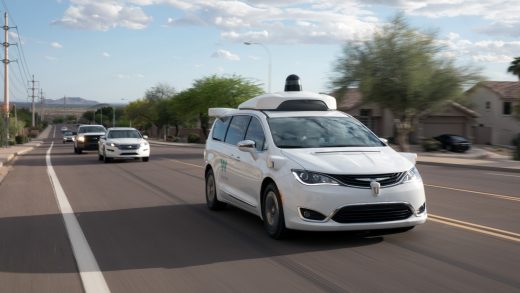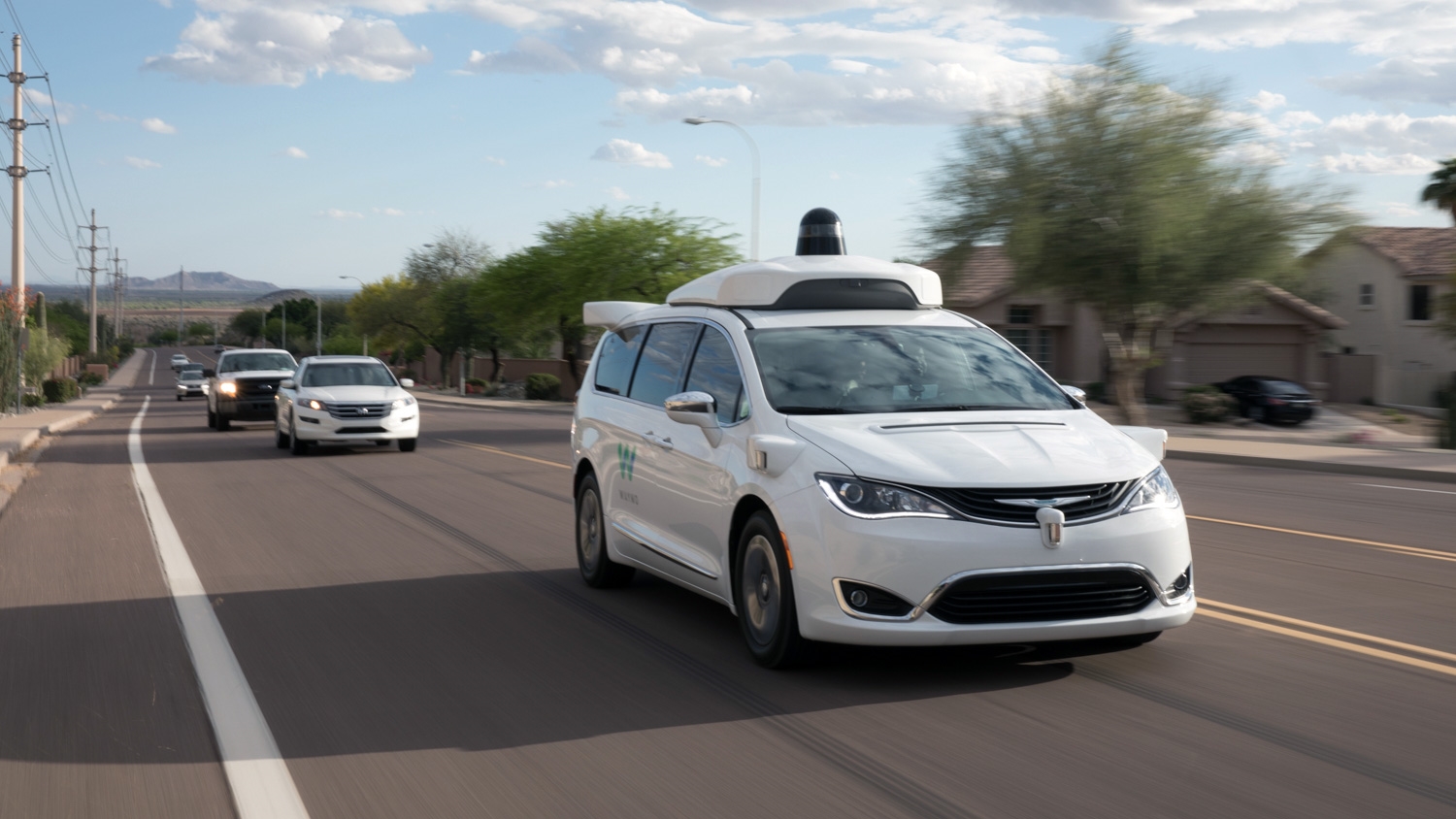A new NHTSA tool will show you where self-driving cars are in testing
You can now see ongoing driverless testing programs across the US, thanks to a new tool from the National Highway Traffic Safety Administration (NHTSA). The agency has launched the public-facing platform as part of its Automated Vehicle Transparency and Engagement for Safe Testing Initiative, which aims to improve transparency in the self-driving industry. If you’ll recall, the NHTSA unveiled the initiative back in June, shortly after the Partners for Automated Vehicle Education (PAVE) published a study that says most Americans still don’t trust automated vehicle technologies.
PAVE surveyed 1,200 people, and 48 percent of them said they would never get into a self-driving taxi. A total of 20 percent think the technology will never be safe. NHTSA promised to share information from partner states and companies, including Uber and Waymo, as well as from the government as part of the initiative. This particular tool, Transportation Secretary Elaine L. Chao said, “gives the public online access to data about the on-road testing of automated driving systems so the public can understand more about” them.
NHTSA Deputy Administrator James Owens also said:
“The more information the public has about the on-road testing of automated driving systems, the more they will understand the development of this promising technology. Automated driving systems are not yet available for sale to the public, and the AV TEST Initiative will help improve public understanding of the technology’s potential and limitations as it continues to develop.”
The tool can’t show you driverless vehicles’ locations in real time, but it can show you test locations per company. It can also show you the vehicle types the companies are testing, as well as each company’s self-assessment and safety reports when available. You can also see each state’s rules and policies on self—driving vehicles. According to Autoblog, the NHTSA plans to flesh out the data within the tool by teaming up with local agencies and program operators, suggesting that it could offer more information in the future.
(22)




